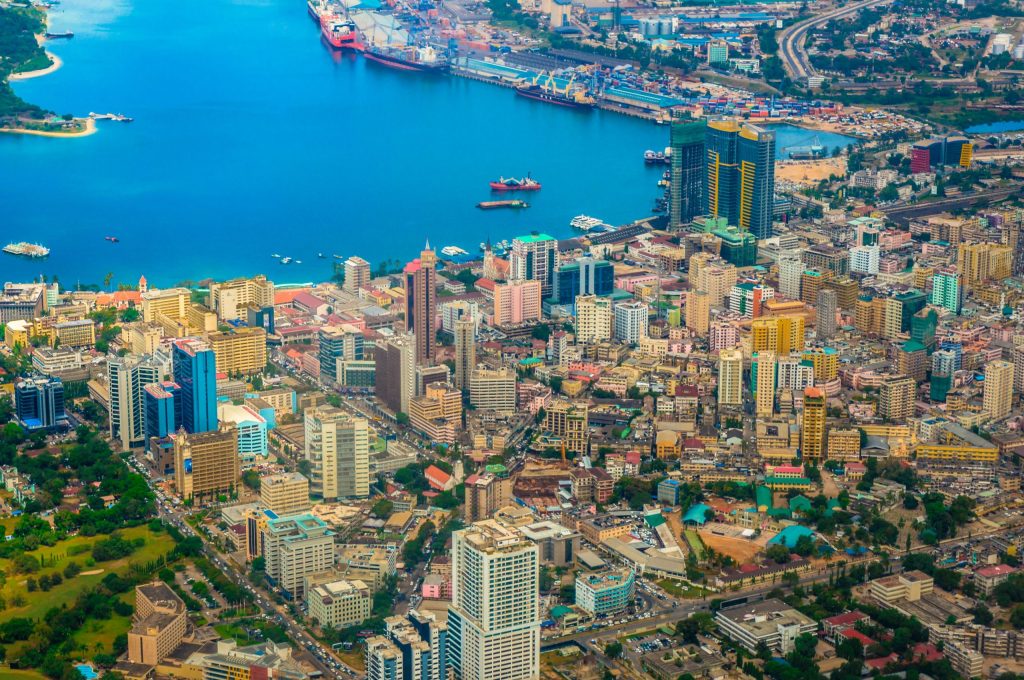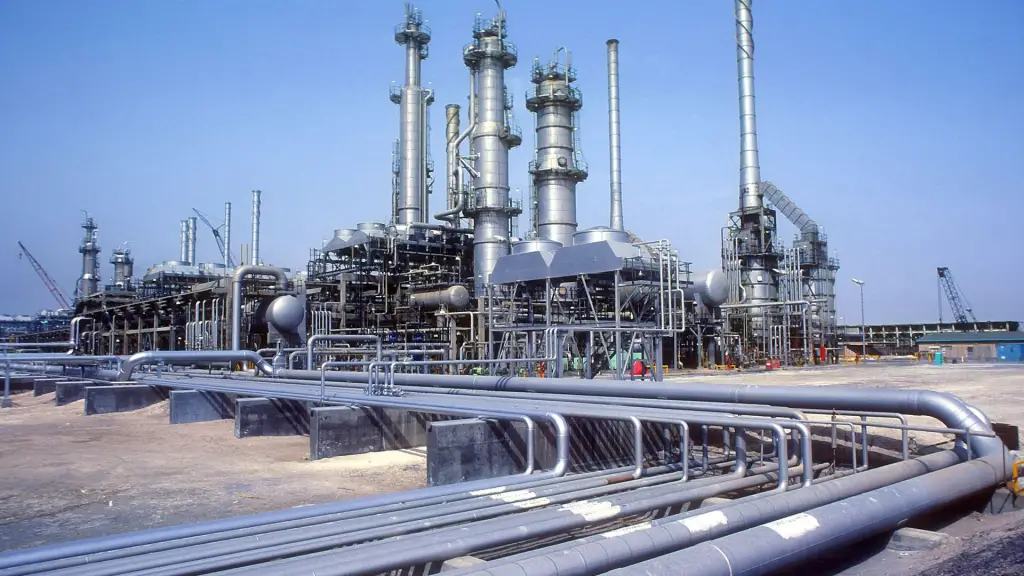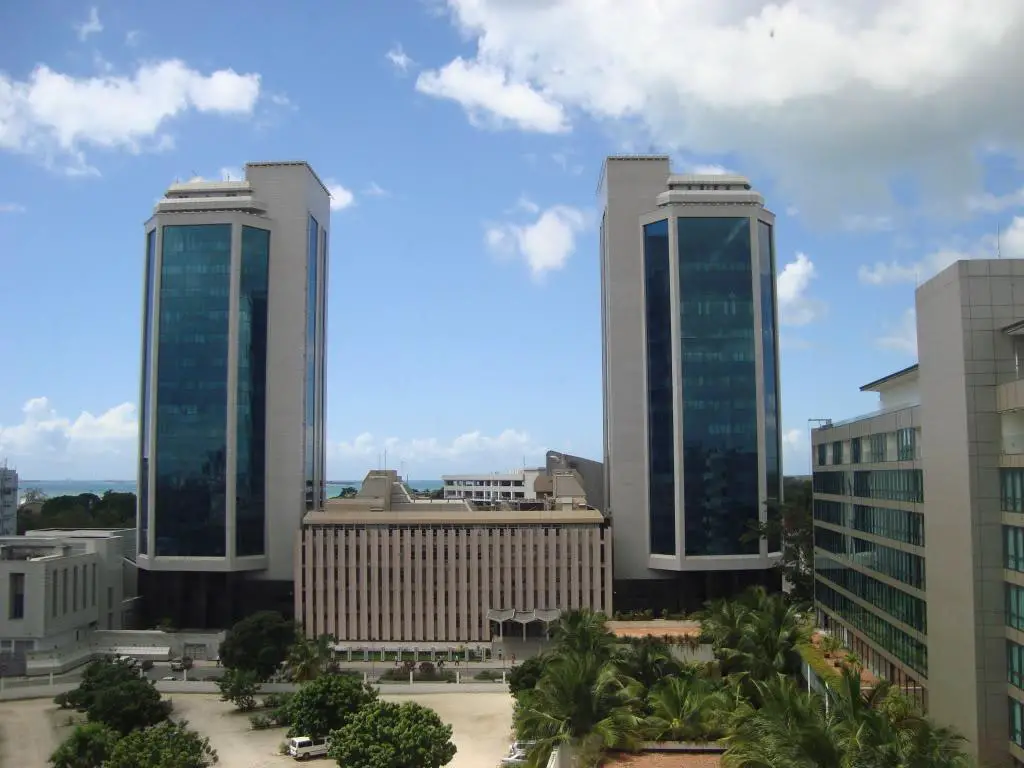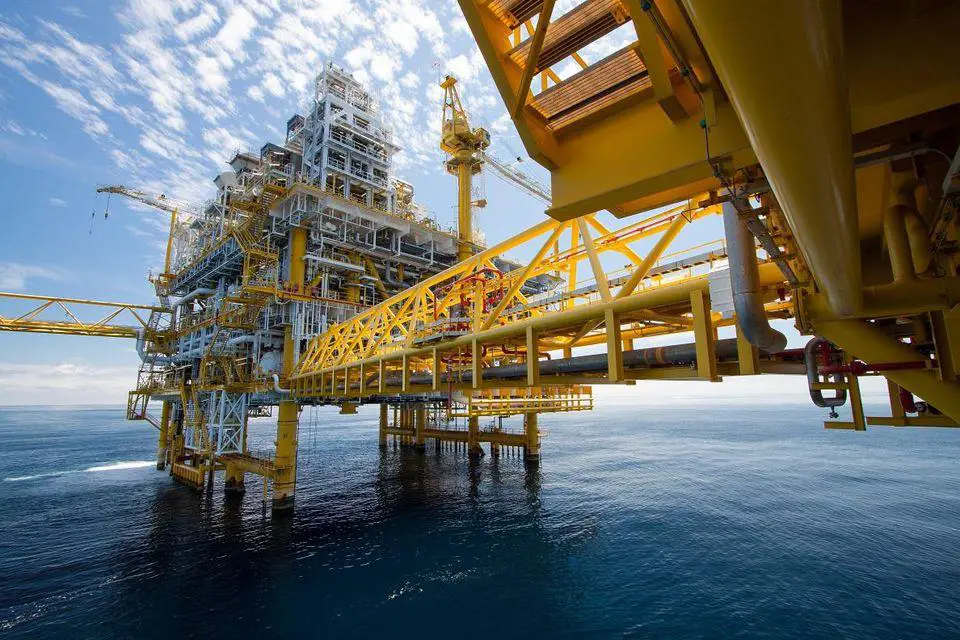- Africa’s new dawn: the rising role of digital and AI in agriculture
- Can Dangote Refinery Transform Africa Energy Ambition
- Gallup Survey: 80 per cent of Kenyan Workers Are Disengaged and Seek New Opportunities
- Madagascar Man Freed from 5KG Tumor After 15-Year Struggle
- How women in Africa are perceived and treated
- Sugar consumption in Kenya to Increase to 1.23 Million Tonnes
- Can Somalia and Turkey Oil deal Bring Change in Somaliland
- Remittances to Kenya dropped to $371.6 million in June, marking a six month low
Browsing: Investing in Tanzania
These foreign exchange controls and restrictions will pose challenges for international businesses and foreign investors in Tanzania.
When introducing approvals and making them necessary for just about every kind of transaction, foreign exchange restrictions add a level of complexity to investors’ business model and implementation strategy.
The Tanzania Foreign Exchange Regulations require authorisations and justifications for several areas including exporting, importing or simply where a non-resident is directly investing in Tanzania.
While there could be a problem with income being paid outside of Tanzania for activities that are taking place in Tanzania, putting foreign exchange controls rarely constitutes the answer to encourage investors to keep their funds in the country.…
Tanzania’s financial services sector, which contributed approximately 3.8 percent to the country’s total GDP on average over the past five years, was weighed down by subdued loan demand in 2020.
This is according to a report by Deloitte which indicates that the slowdown of the economy owing to the coronavirus pandemic as well as declining income levels also affected the sector.
According to the report, loans and advances to customers on the other hand increased by approximately 4.5 percent in 2020 compared to 13.6 percent in 2019 as people turned to credit for relief.
“Economic uncertainty coupled with contracting income levels in 2020 decreased loan demand, subsequently leading to a suppressed credit growth of 4.5 percent in 2020 compared to 13.6 percent in 2019,” the report says.
The report also reveals that the country’s banking sector assets accounted for about 13.8 percent of total GDP while customer deposits accounted for …
Tanzania is advancing towards the top and it seems nothing can stop it. The nation’s central bank (BoT) report, Economic Bulletin for the Quarter ending March 2021, showcased how the country is navigating through different sections of the economy, including its stringent monetary policies, public finance, financial market developments and external sector (imports and exports).
The bank highlighted that the economy is projected to grow by 5.7 per cent this year, propelled by public investment and normalization of global trade and investment.
At the moment Tanzania is proving to be courting investment, by adjusting its investment climate, setting the right tone to attract investors and forging strong partnerships—Kenya and Tanzania’s recent business agreement and the profitable East African Crude Oil Pipeline (EACOP) between Tanzania and Uganda evidence how serious is Tanzania about business. …
Tanzania is yet another country making a series of moves within the realms of the economy. At the moment the sixth President of Tanzania, Samia Suluhu Hassan is laying another foundation on top of the late John Magufuli presidency’s legacy, which was cut short before it took off for a major portion of its second term.
Earlier in April Tanzania and Uganda managed to strike a victory on the crude oil pipeline project that had stalled. In effect, President Hassan managed to pass another crucial item left by Magufuli’s presidency forward. …
Oil and Gas
Let’s say you are one of the business spirited types and you got wind of a new road and a weighbridge station to set up. Your entrepreneurship senses spike up, you start your research on what the demand of the area is and you get ready to set up shop.
Oil & Gas: Tanzania losing investors
One month, two months, three months…one year pass, the road works have not started, talks amass but no groundwork, do you think you will still want or even have the resources to set up that shop, one year down the road?
That is what UTT Asset Management and Investor Services Plc (UTT-Amis) faced waiting to invest in the much-coveted US$30 Billion Liquefied Natural Gas (LNG) Uganda-Tanzania pipeline.
You see, UTT-Amis was interested in investing in an area in excess of 2,072 hectares of land that was strategically located right where the …
Recently I did an interview with the guys at the “State of the Markets” podcast. In it, I discuss many things, including a few specific investment ideas — stocks I have personally invested in, over the last 18 months, in Tanzania, which I plan to hold for many years.
If you haven’t listened to it yet, you may find it worthwhile. You can replay the entire conversation at the Global Value Hunter homepage.
One of the core attractions of investing in less developed markets around the world is that they still inhabit a normal universe where interest rates are positive, and it’s possible to earn excellent real rates of return on plain vanilla investments, such as government bonds and bank deposits.
In Tanzania, for example, one can currently attain as much as a 15.85% yield on 20-year government bonds. What’s more is that inflation in Tanzania is only 3.3%, …
Over the past decade, Tanzania’s oil and gas industry has demonstrated astonishing milestones in energy generation and consumption, demonstrating that an industrialized Tanzania might be a feasible ambition for East Africa’s fastest-growing economy.
Since Tanzania discovered natural gas in 1974, remarkable developments have been achieved. These include saving over $ 10 billion USD, used in purchasing heavy fuel oil (HFO) and other fossil fuels (diesel and petrol in particular) for industrial production and power generation.
According to the Ministry of Energy, until May 2019, the Tanzania Petroleum Development Corporation (TPDC) had collected over $ 210 million USD (from gas sales and exploration), exceeding the intended target of over $ 171 million for the fiscal year 2018/ 2019.
Currently the energy arena in Tanzania seems to be working positively. The upcoming Oil and Gas Congress (commencing on 2nd and 3rd of October), anticipates profitable sectorial merits, necessary to expanding …
Tanzania plans to streamline its oil and gas industry to the world, via a robust and tailor-made, two-day congress, commencing on 2nd and 3rd of October 2019.
For a third time, Tanzania will host the Oil and Gas Congress and attract delegates from over 67 nations across the globe, including sector’s crucial players: Oman, UAE, Canada, Brazil, UK, Norway, and India.
Organized by Ocean Business Partners and CWC, via a partnership with other essential government parastatals and private sector in Tanzania, the 3rd Oil and Gas Congress stands to be an event not to be missed.
Tanzania—has been ascending in the extractives sector’s ladder quite steadily over the past decade, levitating commercial aspects in natural gas production and enhancing national content take-up across the country by building capacity with local suppliers, technocrats and consumers.
In that context, the anticipated and eye-catching congress is yet another concrete and calculated …












